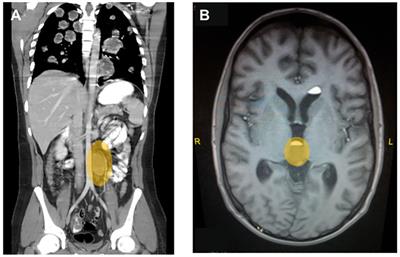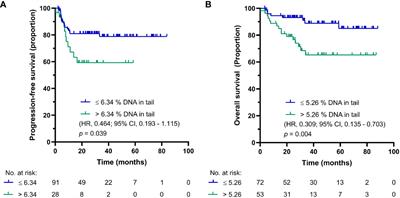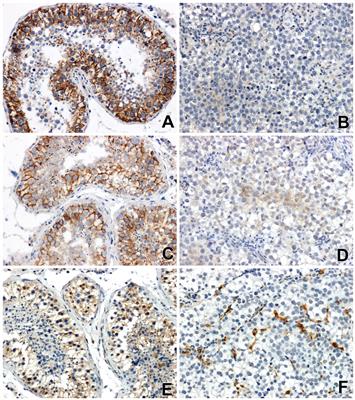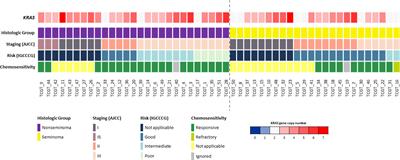EDITORIAL
Published on 17 May 2024
Editorial: Molecular mechanisms in testicular germ cell tumors
doi 10.3389/fonc.2024.1427834
- 514 views
1,917
Total downloads
8,215
Total views and downloads
EDITORIAL
Published on 17 May 2024
CASE REPORT
Published on 27 Mar 2024

ORIGINAL RESEARCH
Published on 01 Mar 2024

ORIGINAL RESEARCH
Published on 08 Dec 2023

ORIGINAL RESEARCH
Published on 16 Mar 2023
